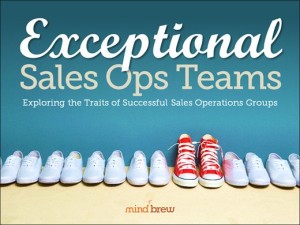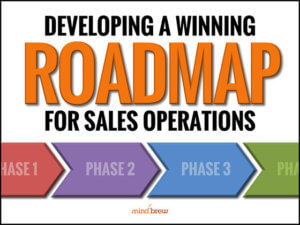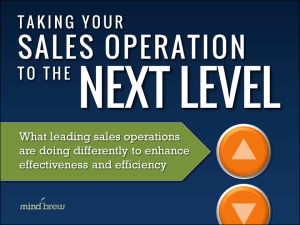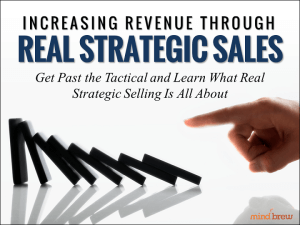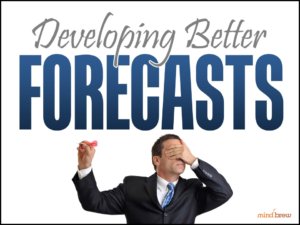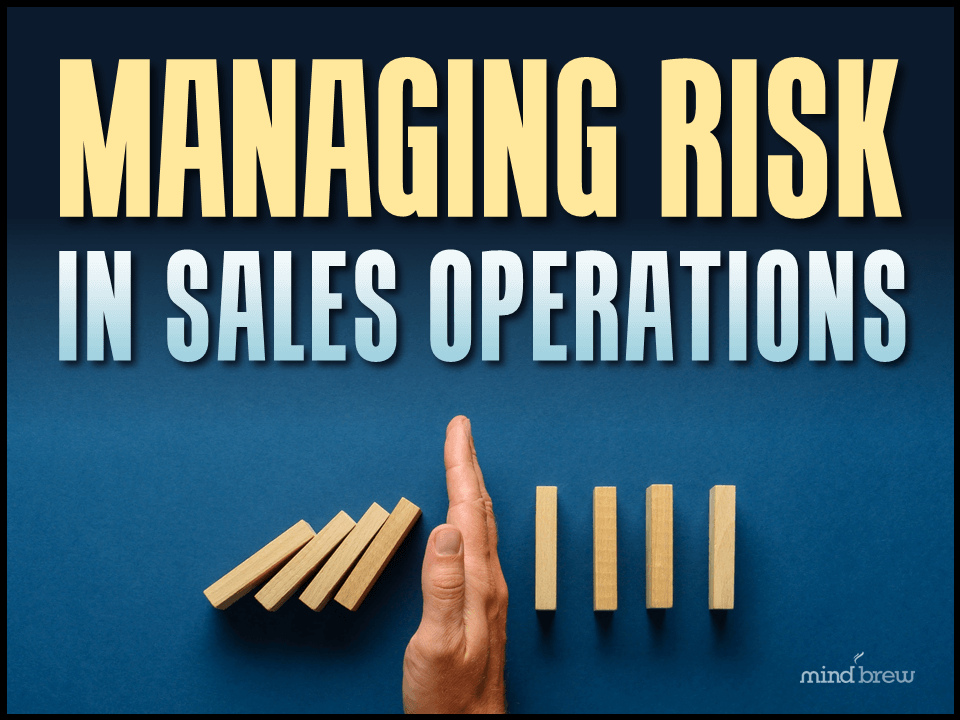In the movie Forrest Gump, there’s a memorable sequence in which Forrest joins the army. At one point in his basic training, his drill sergeant shouts, “Gump, What’s your sole purpose in this army?”
Without any thought whatsoever, Forrest immediately replies, “To do whatever you tell me, drill sergeant!”
That answer so impresses the superior officer that he begins raving about what a genius Forrest is and how he must be gifted.
It’s a funny scene, but the sad truth is that many sales ops teams find themselves in a similar situation. These groups were created to fill specific needs—often to handle some of the less desirable work of the sales teams so that the reps can focus on sales. It’s as if sales ops’ sole purpose in the company is to respond to requests from the sales team as quickly as possible, while saying, “Yes, drill sergeant!”
But, of course, that’s a terrible mission for a sales ops team.
Of course, many Sales Ops teams want to steer clear of this tactical, obedient approach and ensure they’re playing a more strategic role. And in being more strategic, it’s helpful to have a strategic mission. No matter where you find yourself along that spectrum between tactical and strategic, our answer is always the same. We think the mission of every sales ops team should be:
“Proactively creating the conditions where more deals, that are more profitable, with better customers, are the natural result.”
We like this mission statement, in part, because it sets teams up for continuous improvement. You can always aim to be just a little bit better than you are right now.
It also serves as a good touchstone for figuring out which activities you should focus on. For example, running analytics that show which types of customers are the most profitable for the company is clearly going to support this mission statement. But printing personalized name badges and copies of the sales collateral materials for a sales rep’s next meeting? Maybe not so much. And unfortunately, it’s often exactly this kind of busy-work that sales expects sales ops to do.
Fortunately, SellingBrew has quite a few resources designed to help you evolve from a tactical group into a more strategic function. Here are a few of our favorites:
- Exceptional Sales Ops Teams examines the traits and behaviors of strategic, industry-leading B2B sales groups and distils their secrets into easy-to-grasp points.
- Developing a Winning Sales Operations Roadmap offers a step-by-step plan for becoming a more strategic function within your organization.
- Taking Your Sales Operation to the Next Level explores some of the hurdles you’ll face along your journey and how to overcome them.
- Increasing Revenue Through Real Strategic Sales covers the difference between tactical and strategic thinking in more detail and helps you understand why being strategic is so much more beneficial than being tactical.
Don’t get stuck obeying orders. These resources can help you transform your team into a group that is contributing to your organization’s overall strategy rather than just reacting to day-to-day tactical concerns. That can make a huge difference in the success or failure of your team—and your company.

